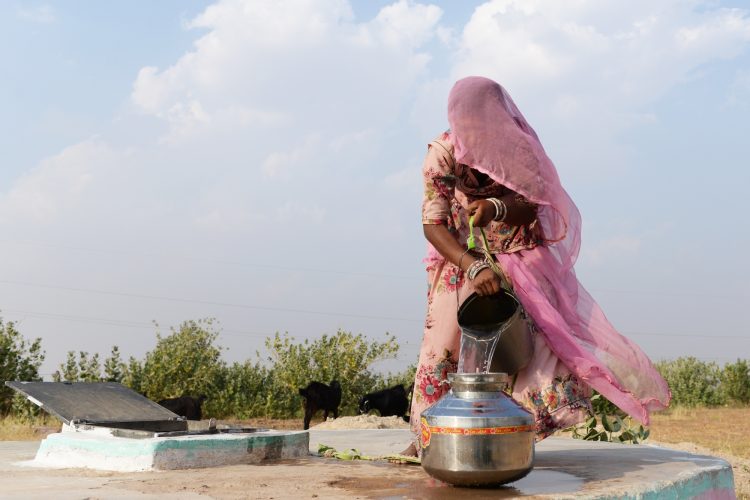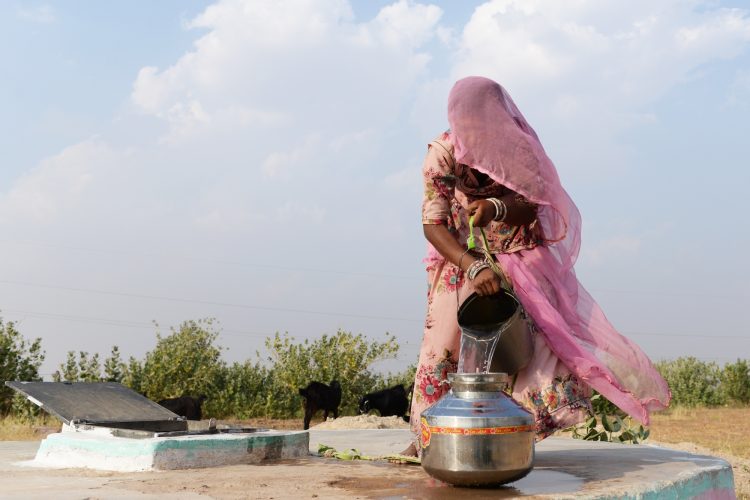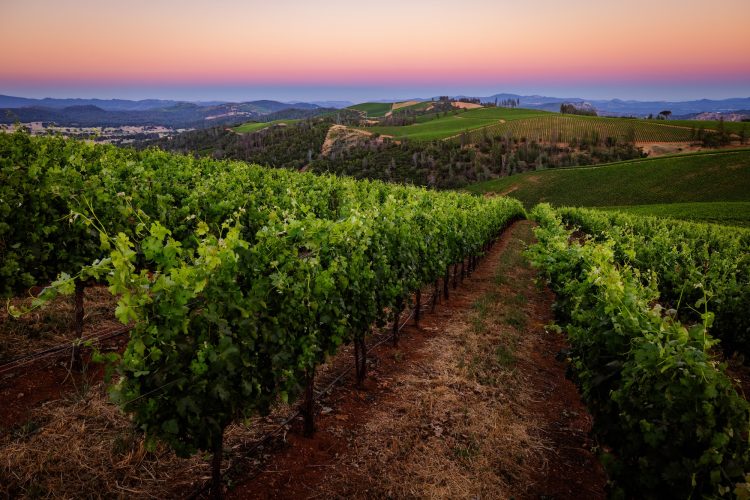TriplePundit • Women Senna Farmers Inspire a New Vision for Water Access in the Thar Desert

Around 1.8 billion people globally do not have a water source in their homes, according to the World Health Organization and UNICEF. Women and girls are responsible for fetching water in most of those households, spending a collective 200 million hours every day carrying water back to their families.
That means, in water-scarce regions like India’s Thar Desert, improving water access is not only essential to life but also a lifeline to education and empowerment for women and girls.
Fulfilling this promise is personal for Nioma Sadler, founder of the nonprofit WomenServe and co-owner of the B Corp certified herbal wellness brand Traditional Medicinals. Denied a formal education as a child, Sadler found comfort in books, teaching herself to read and write. Upon discovering memoirs of women leaders, she found her life’s purpose.“That seed has inspired me to reach those forgotten women and girls who don’t have access to education.” Sadler told TriplePundit.
Ahead of International Day of the Girl, which this year is themed around “girls on the frontlines of crisis,” her work is a powerful example of how being purposeful in including women in global supply chains can help transform communities for the better.
Inspired by women farmers
Sadler’s passion ultimately led her to Rajasthan, India, where she visited as a goodwill ambassador for Traditional Medicinals in 2006. The largest Indian state, nearly 60 percent of Rajasthan is covered by the Thar Desert, the most densely-populated desert on earth and home to more than 16 million people.
Traditional Medicinals aimed to introduce organic farming practices for senna, a native herb farmed mostly by women in the Thar that is used in the brand’s Smooth Move tea. But what Sadler learned in speaking with women senna farmers and their neighbors soon made her work there about much more.
“There is a lot of emphasis on getting women into executive roles, but very little effort to support women in the supply chain,” she said. “The female farmer story is one of women’s equality and environmental sustainability.”
In the rural villages of the Thar Desert, like many places in the world, the responsibility of collecting water for homes, crops, and livestock falls largely on women and girls. They walk up to 10 hours a day with containers balanced on their heads, often in scorching temperatures over 110 degrees Fahrenheit, limiting their ability to earn a living or an education.
Decades ago, in an effort to improve water access, the government built wells intended for the communities — replacing a centuries-old rainwater catchment system called taanka. But the nearest well is often a long distance from rural villages, and some wells have been dug so deep due to increasing water scarcity that the water is too salty to be usable, Sadler said.
“The women had ideas about how things could work better,” she remembered. That’s how the Revive! Project was born in 2009. A partnership between WomenServe and Traditional Medicinals, the project builds taanka systems at family homes.
The modernized taankas allow families to collect precious rainwater, and systems are transferred into local women’s names as they’re installed. Ten women in the Thar received taankas from the project last year, benefiting an estimated 420 people across their communities.
Together with communities in the Thar, WomenServe and Traditional Medicinals have also expanded 17 community ponds, dug and rebuilt 350 agricultural rainwater catchment systems, and constructed 554 underground catchment systems for families across the region since the start of the partnership, according to the company.
Spending less time on water opens more opportunity for women and girls
With the time saved gathering water, more women in the Thar Desert can expand their income from farming and pursue an education or employment opportunities for themselves and their daughters.
“These changemakers have to be brave and step forward,” Sadler said of local women. In one example, she recalled a mother of 11 who, after her home gained water security and the stress of fetching daily water was removed, became resolved to pursue education for her youngest daughters. Provided with bicycles, the girls were able to ride to school with their brothers and cousins.
“It took those three girls on bikes to start the momentum,” Sadler remembered. “Then others saw that, and were inspired to pursue change of their own. Not only did it not hurt the community, it helped.”
In 2024, over 1,200 girls were supported by WomenServe programs, resulting in an 18 percent increase in girls’ enrollment at local schools. Girls now represent nearly half of the 850 students enrolled at elementary and middle schools built by the Revive! Project.
Traditional Medicinals also continues to pay fair trade prices for senna grown in the Thar for use in its Smooth Move teas. “We want the premium to go toward the needs of the community,” Sadler said.
As a girl who taught herself with books and nature, Sadler says she’ll keep working to provide more girls and women with the opportunities she longed for. In places like the Thar, where women and girls are on the frontlines of a changing climate, partnerships like WomenServe and Traditional Medicinals help plant a seed that can bloom into a sustainable future.
This story is sponsored by Traditional Medicinals and produced by the TriplePundit editorial team.




Post Comment